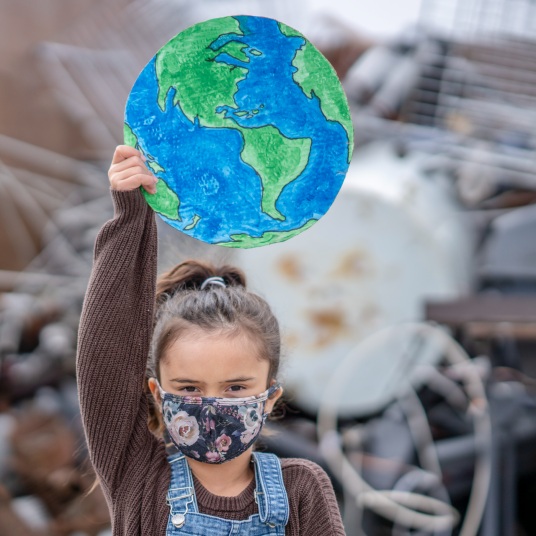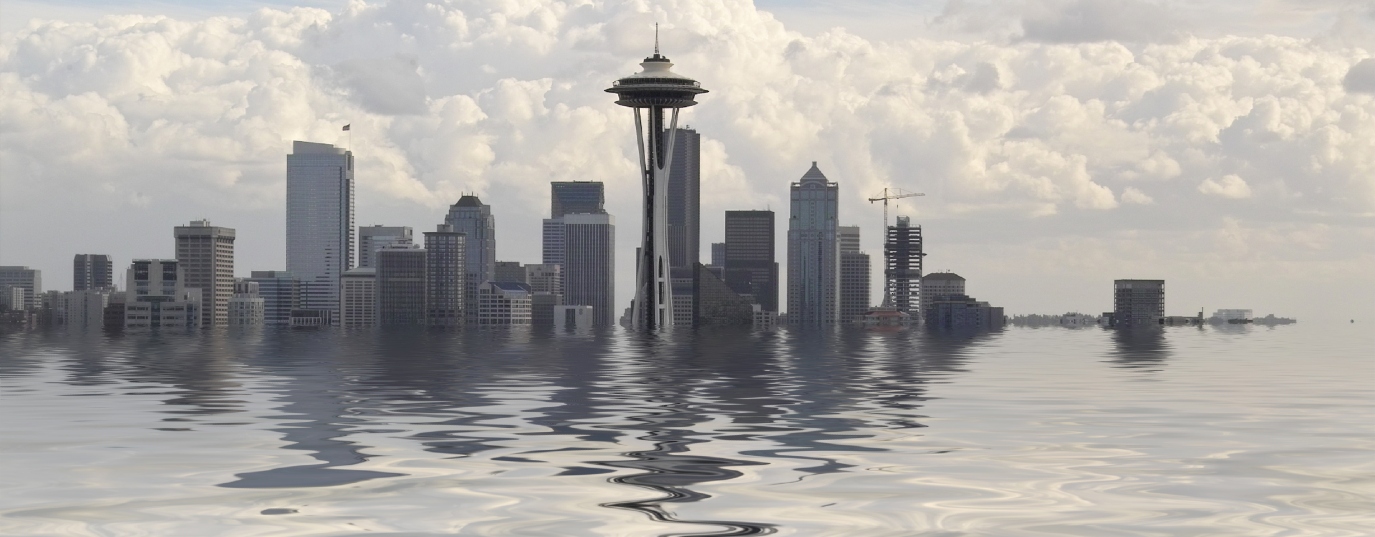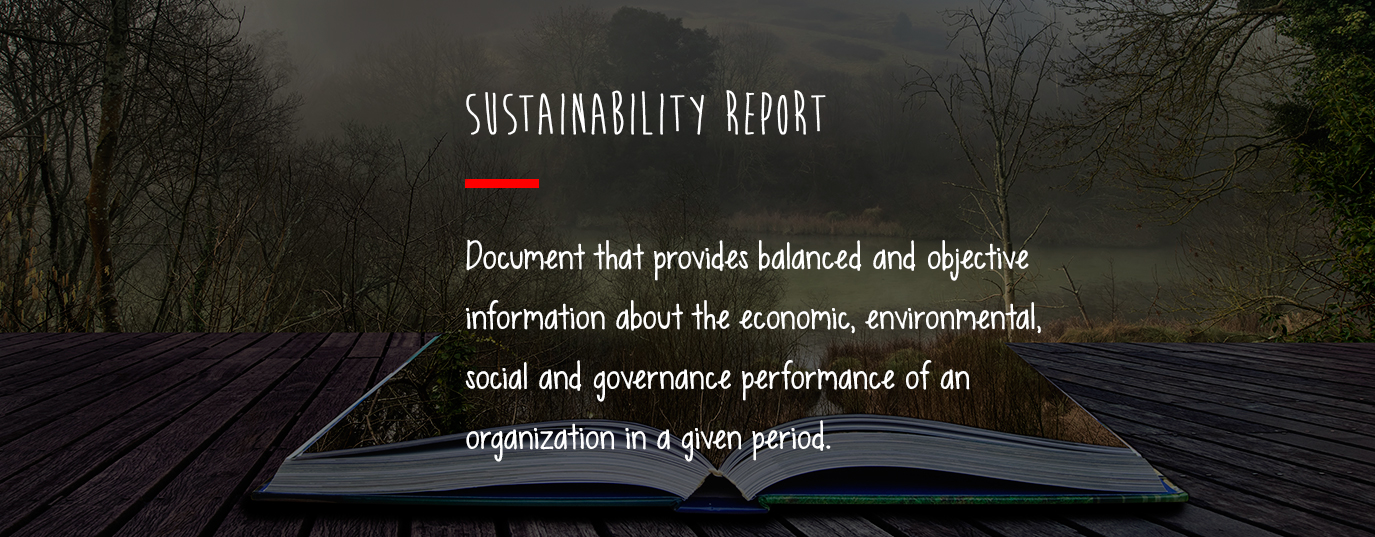The new IPCC report urges abandoning fossil fuels
To stop climate change, experts warn we must limit the use of fossil fuels now and halve emissions by 2030.
It seems they have to stamp the message in black on white for us to take it seriously. The Intergovernmental Panel on Climate Change (IPCC) published the third instalment of its report on the climate crisis affecting the planet and the urgent measures that need to be taken to tackle it. And the document restates the challenge clearly: reduction in the use of fossil fuels will be key if we want to control the increase in the planet’s temperature and achieve the Paris Agreement objectives.
It’s no coincidence that each new report from this group of scientists is more and more powerful. Time is of the essence and the scientists have issued an ultimatum: we cannot wait any longer if we want to take the opportunity to stop climate change before it is too late. The time to do it is now.
What will I learn from this article?
- The countdown has begun: the next few years are critical
- Proposals for mitigating climate change
- Sustainable, necessary and cost-effective transformation
The countdown has begun: the next few years are critical
 Between 2010 and 2019, greenhouse gas emissions reached historic maximums. In recent years, however, the rate of growth has slowed.
Between 2010 and 2019, greenhouse gas emissions reached historic maximums. In recent years, however, the rate of growth has slowed.
If we want to limit the global temperature increase to 1.5°C, the new IPCC report of 2022 warns that all sectors will have to take urgent and ambitious measures to reduce and eliminate their emissions.
The document is the third instalment of the IPCC’s 6th Assessment Report. After sounding the alarm about how the Earth will be in several decades’ time if temperatures continue to rise, and after affirming that we humans are fully responsible for climate change, the IPPC published its new report on 4 April in which it focuses on how to mitigate climate change.
278 scientists from 65 countries have assessed more than 18,000 publications to identify options and solutions to reduce greenhouse gas emissions. One of the key conclusions from their assessment is that emissions must peak by 2025 at the latest - and we need to reduce them by 43% by 2030.
“Emissions must peak by 2025 at the latest - and we need to reduce them by 43% by 2030”
Efforts are focused above all on reducing CO2, but that’s not the only gas. The IPCC stresses that methane – whose involvement in global warming we discuss here – should be reduced by about a third. “It’s now or never,” announced Jim Skea, co-chair of IPCC Working Group III, responsible for the latest report.
What does the IPCC report say we should do to mitigate climate change?
The experts assure that, making the right decisions, we still have an opportunity to limit the rise in global temperature and comply with the Paris Agreement.
To achieve this, the IPCC highlights the transformation of the energy system and the need to substantially reduce the use of fossil fuels.
If we want to reach the 1.5°C goal, the global use of coal, oil and gas will have to be reduced by 100%, 60% and 70% respectively by 2050 compared with 2019.
“The global use of coal, oil and gas will have to be reduced by 100%, 60% and 70% respectively by 2050 compared with 2019”
Although the alternative of employing carbon dioxide capture techniques, allowing us to continue burning these fuels, is not discarded, the favored option is renewables, especially the use of green hydrogen as a new fuel.
 Electrical systems powered predominately by renewable energies are increasingly viable, according to the report. Although operational, technological, economic, regulatory and social challenges remain, a variety of systemic solutions have emerged to accommodate large renewable energy market shares in the energy system, it points out.
Electrical systems powered predominately by renewable energies are increasingly viable, according to the report. Although operational, technological, economic, regulatory and social challenges remain, a variety of systemic solutions have emerged to accommodate large renewable energy market shares in the energy system, it points out.
Also, the cost is no longer such an obstacle. The IPCC says that, since 2010, the costs of solar and wind power, and batteries, have fallen steadily by up to 85%.
Cities offer important opportunities for emissions reduction, it adds. Urban spaces can be transformed to consume less energy (through the creation of compact, transitable cities and more sustainable buildings), use low-emission transport and coexist alongside nature.
As for industry, which represents a quarter of all emissions, it will be essential to plan anew for the efficient use of both natural resources and energy, and circular systems of reuse and recycling of waste.
Agriculture, forestry and other uses of land can be improved and made more efficient to collaborate in large-scale emissions reduction, as well as for storing carbon dioxide. Although the IPCC says the Earth cannot offset emissions reductions for other sectors, a better use of land and natural resources can benefit biodiversity, helping us to adapt to climate change and safeguarding our means of subsistence, food, water and wood supplies.
Sustainable, necessary and cost-effective transformation
The IPCC points out that the great transformation we need to reduce greenhouse gas emissions drastically can be a profitable one, and concludes that the overall economic benefit of limiting global warming to 2 degrees exceeds the cost of mitigation in most of the literature reviewed.
There is still room for hope in the fight against climate change, if the necessary infrastructure, policies and investment are launched to eliminate emissions and transform the global energy system to become more sustainable. The data could not be clearer. Now is the time to act. The planet cannot wait any longer.
Sources:







